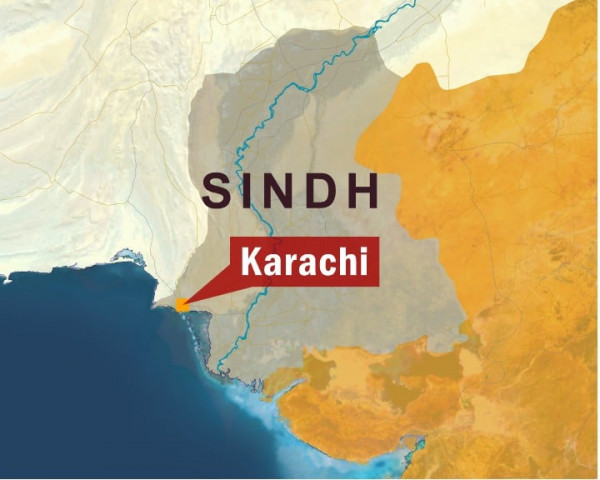Debating devolution : ‘Legal or not, the provinces aren’t capable of managing HEC’
Experts reel off the HEC’s achievements in efforts to retain it.

Politicians, academics, bureaucrats continue to argue over the legality of the devolution of the Higher Education Commission (HEC) but there is one ‘man of logic’ who argues that the provinces are just not capable of managing higher education.
International Centre for Chemical and Biological Sciences (ICCBS) director Dr Muhammad Iqbal Chaudhry, believes the main issue is not whether the devolution is legal or not. The province of Sindh is still struggling to handle schools and colleges, to make basic education available for all schoolgoing children and to improve the quality of learning. “How will it manage higher education?” he asks.
The HEC has the leadership, structural base, international linkages and the vision to run higher education, which cannot be fragmented at the provincial level. The devolution plan seems to be absolutely incoherent, having no comprehension of the national policy, he says. Human Resource Development is a national agenda not a provincial agenda throughout the world. Even in the US and India, higher education is centrally managed, he adds.
For all those who say that we need basic education before tertiary education, former HEC chairman Dr Attaur Rehman replies with the vision of HEC and its role in the development of the country. For each scholar returning to Pakistan, the HEC had a job waiting in the education and teaching sectors, ensuring that the money invested on them would not be wasted, he explains.
The catch for these scholars was the lucrative salary ranging from $1,500 to $5,000 a month. This was not only increasing research productivity and the standard of education in the country but was also reserving a pool of intellectuals that would contribute to the education system as a whole. According to Dr Rehman, research productivity increased 600 per cent and the HEC started publishing 5,000 research papers every year.
Twelve of the HEC scholars returned to Pakistan and established the Centre for Advance Studies in Engineering and the Centre for Advanced Research in Engineering, which bagged an IT contract worth Rs20 billion for Pakistan.
He remembers his meeting with the Sri Lankan president almost five years ago, when he was told that Sri Lanka focused only on primary education. As a result, they had very good secondary education institutes but no competent universities to produce enough scientific and technological talent that would help the production sector.
Dr Chaudhry also adds that the Hussain Ebrahim Jamal Research Institute of Chemistry at the University of Karachi has been declared the best science institution in the Muslim world and has won the prestigious Islamic Development Bank award for science and technology twice.
It is the only institute in the developing world that is so highly considered that students from Germany and the rest of the world came for research and training, he says proudly.
Similarly, Dr Reazuddin is the first Pakistani to have completed his PhD in computational chemistry and later introduced the new science in Pakistan. Dr Tahira is among a handful of scholars working on phytochemistry to discover the qualities of plants for medicinal purposes. They are just a few of the examples, all products of the HEC’s policies and working in Pakistan, says Dr Chaudhry.
Today, our pharmaceutical industry has moved from being import-based to export-based and the HEC-sponsored scholars are being trained at the world’s best institutes in fields such as phytochemistry, textile engineering, advanced protocol for modern communities, computer architecture, industrial research, education, literature, international strategy and computational chemistry.
Dr Chaudhry points out that this is the HEC’s contribution in developing the human resource of this country. A country’s future, economy and defence depend upon three factors - education at all levels, science and technology, he adds.
“Unfortunately, after more than a decade of investing on our brightest of minds, we decided to commit suicide when the actual time for impact arrived,” he regrets. Dr Chaudhry warns that it could lead to severe brain drain in Pakistan and a bleak future of the 86 million young people.
Published in The Express Tribune, April 8th, 2011.



















COMMENTS
Comments are moderated and generally will be posted if they are on-topic and not abusive.
For more information, please see our Comments FAQ